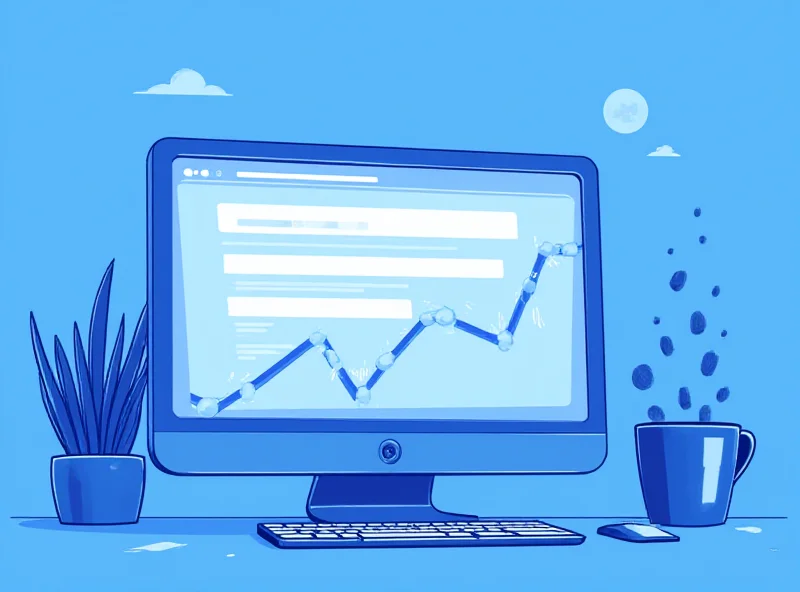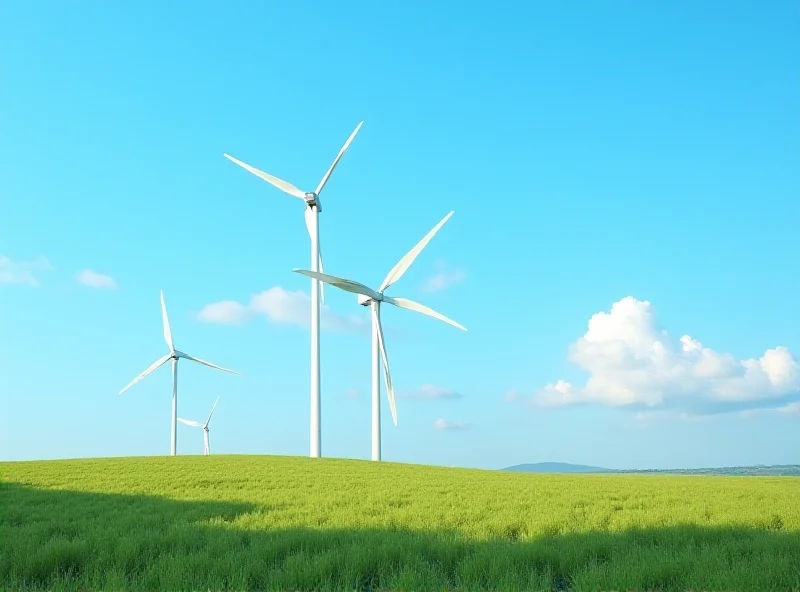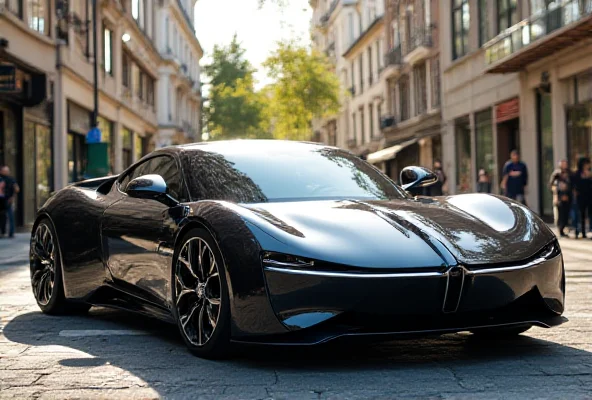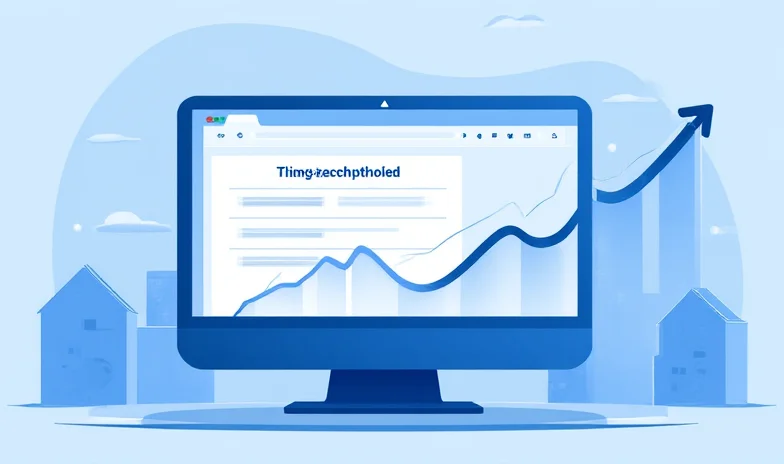Europe is feeling the pinch. Rising inflation is pushing up prices on everything from essential services to everyday goods. Consumers are starting to notice the impact, and businesses are scrambling to adjust.
Czech Domains and the Ripple Effect
After six years of relative stability, Czech domain prices have increased. This might seem minor, but it's indicative of a broader trend. As inflation rises, even digital assets are becoming more expensive. "The rise in prices is a big topic lately," reports one Czech news outlet. "And it doesn't matter whether we talk about food or about increased charges for television and radio."

This increase in domain prices follows similar hikes in food, television, and radio fees. It highlights how inflation affects various sectors, though the impact on consumers might not be immediately apparent.
Energy Costs and Competitiveness
Energy prices are another major concern. European Energy Commissioner Dan Jorgensen recently presented a plan to address this issue.
"If we do not reduce energy prices, we cannot be competitive," Jorgensen stated.His plan aims to lower energy costs across Europe, recognizing that affordable energy is crucial for maintaining economic competitiveness.
The European Central Bank is also keeping a close eye on inflation. While overall inflation reached 3% in February, core inflation moderated slightly, moving closer to the ECB's target. This subtle shift offers a glimmer of hope, but the situation remains volatile.

Crime and Insurance Premiums
In Prague, rising crime rates are impacting insurance premiums. Residents are finding that property insurance is more expensive due to increased theft and burglaries. The effectiveness of the police in solving these cases also influences insurance costs. This shows how societal issues can directly translate into higher expenses for individuals.
A Silver Lining: Electric Vehicle Sales
Amidst these challenges, there's a positive trend in the automotive industry.  Electric vehicle sales in Europe soared in January, with every sixth new car sold being electric. This represents a 37% increase compared to the previous year. While the overall car market declined slightly due to decreased sales of internal combustion engine vehicles, the growth in electric vehicles is a promising sign for the future.
Electric vehicle sales in Europe soared in January, with every sixth new car sold being electric. This represents a 37% increase compared to the previous year. While the overall car market declined slightly due to decreased sales of internal combustion engine vehicles, the growth in electric vehicles is a promising sign for the future.
Ultimately, Europe is navigating a complex economic landscape. While inflation presents significant challenges, proactive measures, such as Jorgensen's energy plan and the increasing adoption of electric vehicles, offer potential pathways towards a more sustainable and affordable future.
